The PoS & burning mechanics make a very interesting and unique issuance[monetary]policy for eth that I've been thinking about a lot. The laws of supply and demand economics dictate that as supply falls and/or demand increases, the equilibrium price of a good must go up. So what does this mean? The way I'm working this out in my head is as follows:
&
eth supply is falling because burning > issuance. This by itself over a long enough timeline means price of eth must go up. And as eth price increases, so too does the cost of the avg network fees in gwei relative to usd. e.g 25 gwei gas fees at $1000 eth is not the same as 25 gwei gas fees at $2000 eth.
Given the same demand for blockspace, if the price of eth goes up, then the gas fees must come down eventually. We can visualize this by pretending that total supply of eth has burned its way down to 1 eth... you wouldn't expect avg gas fees to still be 25 gwei in this scenario right?
Economists hate on deflation because it leads to a spiral where people stop spending which leads to lower production, lower prices, lower everything and economic activity grinds to crawl. But if the gas fees come down enough due to a low utilization, you get to a point where issuance > burning and now total supply is starting to go back up again. It just seems to me that a deflationary spiral is just impossible on ethereum so the big contention of "deflation bad" rethoric that economists tend to argue is a non starter here? Would actually love to hear economists thoughts on this, am I missing something here?
Curveball: meanwhile we also have 18m+ eth staked which reduces effective supply and impact prices and introduces a whole new dynamic to all of the points I made above. This is also an important number to think about in terms of where it will level off in the long run but I suspect this number will eventually be tethered to the Feds or rather the prevailing interest rates that exist at any given time as we begin to weigh staking apr against it.
&
This is a very long winded way of asking in the long run where you think the general range of total eth supply will be dancing around based on adoption and usage trends that you see now?
&
tl:dr - eth won't always have net burning because it gets harder as total effective supply goes down due to its supply/demand mechanics, where do you think the soft floor is in total eth supply where it becomes impossible to overcome the inflation from issuance?
&
My answer is somewhere between 80-100m. My rationale is that I'm just guessing out my ass and that number "feels right". But really, the answer is based on what I believe the price of eth would be if supply fell to 80-100m and if at that range, the avg gas fees would be low enough to hit equilibrium issuance.
[link] [comments]

You can get bonuses upto $100 FREE BONUS when you:
💰 Install these recommended apps:
💲 SocialGood - 100% Crypto Back on Everyday Shopping
💲 xPortal - The DeFi For The Next Billion
💲 CryptoTab Browser - Lightweight, fast, and ready to mine!
💰 Register on these recommended exchanges:
🟡 Binance🟡 Bitfinex🟡 Bitmart🟡 Bittrex🟡 Bitget
🟡 CoinEx🟡 Crypto.com🟡 Gate.io🟡 Huobi🟡 Kucoin.


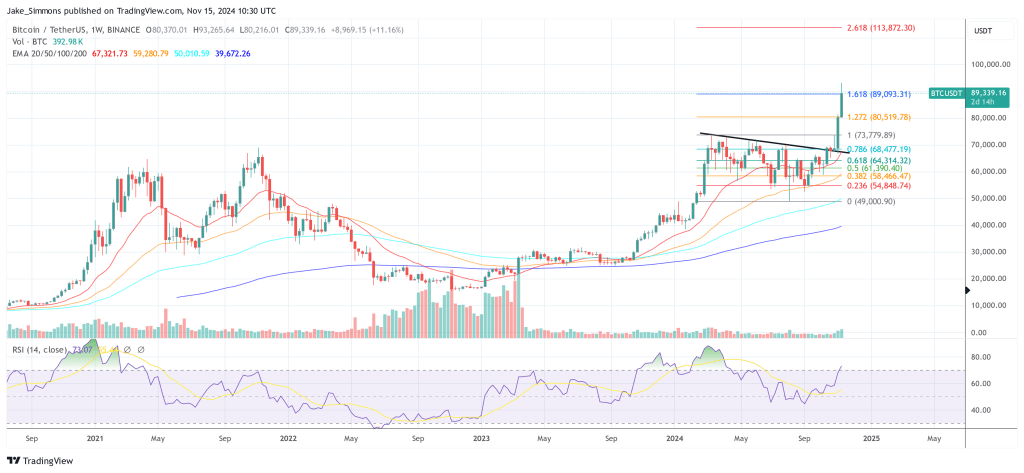



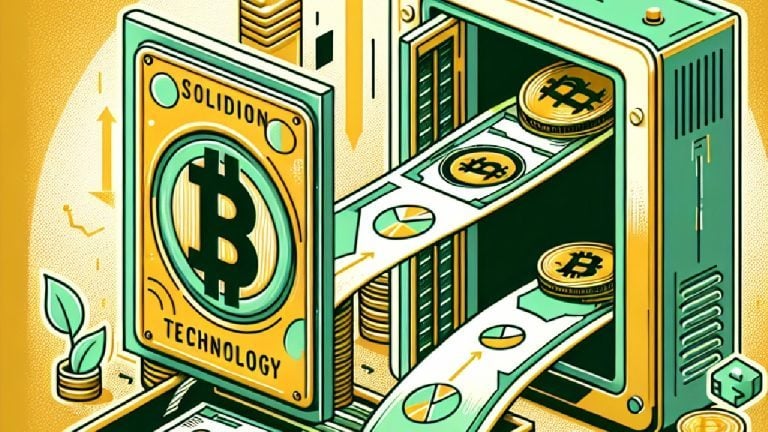



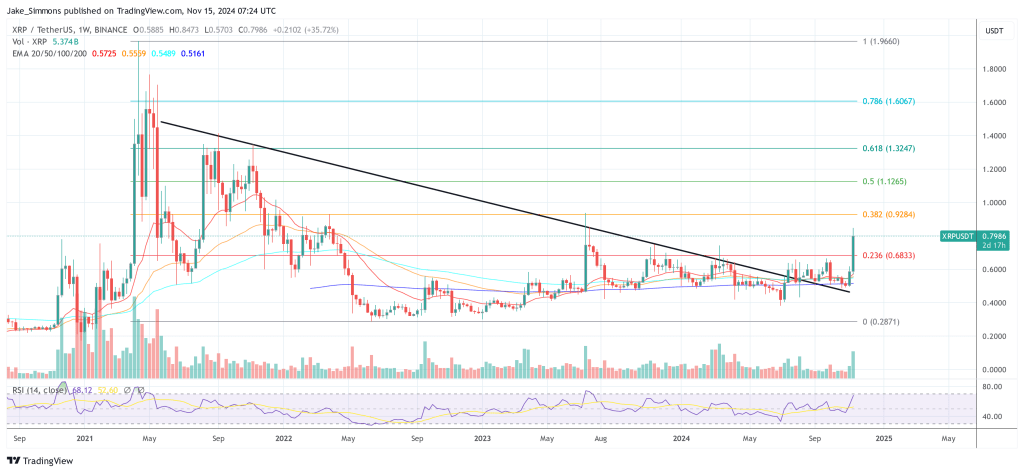





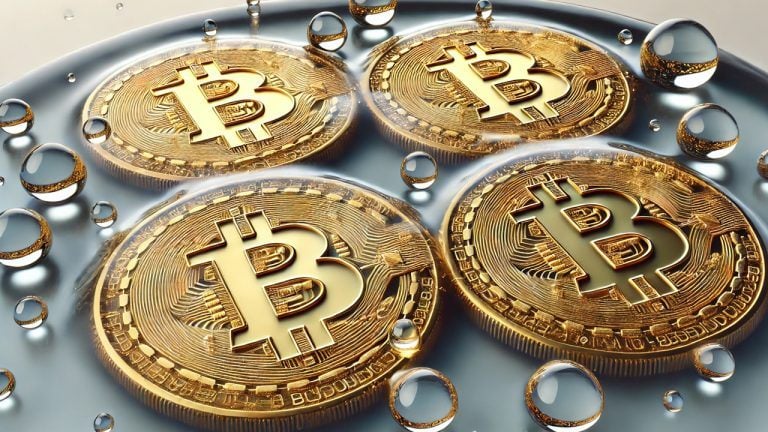

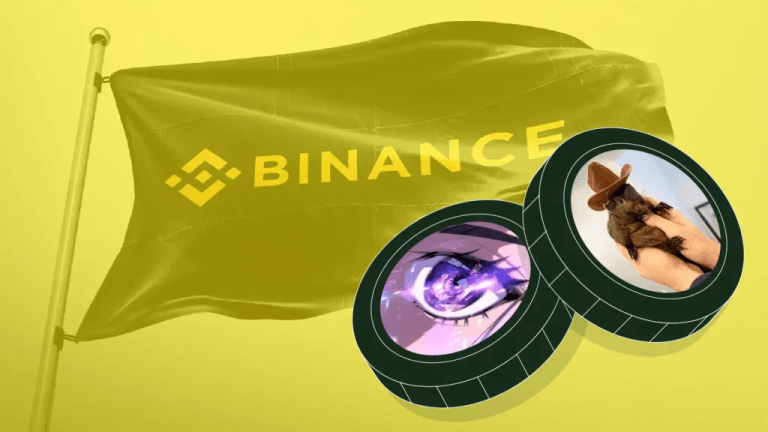
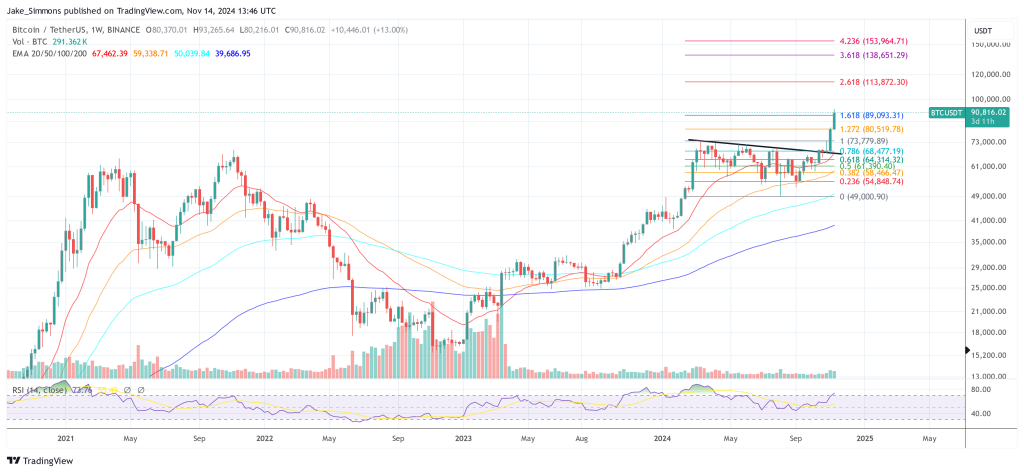
Comments